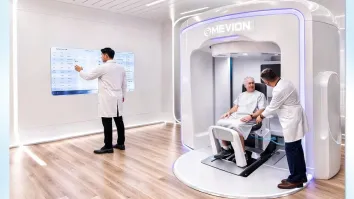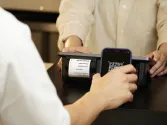
Australia’s healthcare may see AU$13b boost from generative AI annually by 2030
AI can automate nursing tasks, aid in drug discoveries and ease staff shortages.
A swift and full adoption of generative artificial intelligence (AI) can contribute at least AU$5b to as much as AU$13b (US$3.4b - US$8.8b) each year to Australia’s healthcare sector by 2030, according to a new report.
In a joint report, Microsoft and the Tech Council of Australia said generative AI can help in streamlining 25% of nursing tasks and fully automate another 5% of the administrative work to allow the medical professionals to allot more time for one-on-one patient care.
This includes the use of AI-powered audio-to-text platforms in note taking during consultations, automated patient check-in forms, as well as automatic verification of insurance and eligibility of patients.
The fast-rising technology can also help accelerate drug discovery as it is expected to aid in over 30% of new drugs to be discovered by 2025.
The report said generative AI can generate synthetic patient data for large scale studies at cheaper costs.
“The country has an incredible opportunity to harness generative AI’s true potential and continually elevate our reputation as having one of the world’s best healthcare systems,” said Kate Pounder, CEO at the Tech Council. “This technology can also help Australia overcome some of the existing challenges in the sector, including staff shortages and patient waitlists.”
READ MORE: Generative AI seen helping lower costs in pharma, healthcare
Integrating AI into wearable devices and digital self-service solutions to streamline pre-visit tasks can significantly improve personalised care as well.
Swift but safe adoption of generative AI is key to realising the full economic benefits of the new technology, Pounder noted. Protecting the privacy of patients should also be a top priority.



















 Advertise
Advertise






